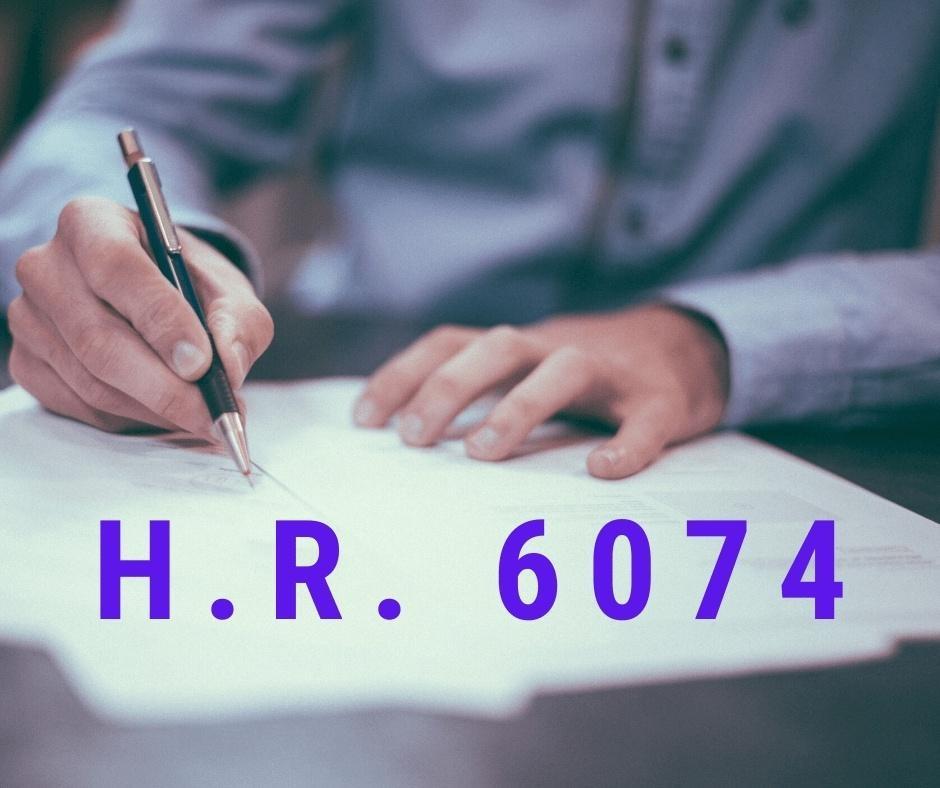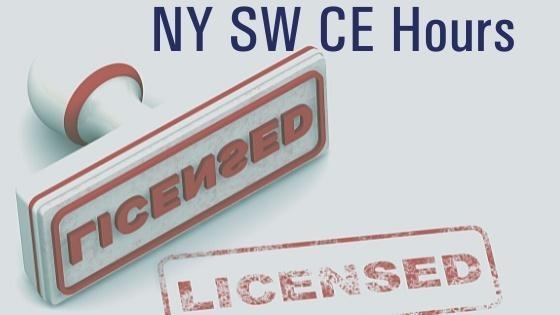The National Association of Social Workers (NASW) has the perennial responsibility of setting social work standards and ethics. In recent years, technological options for client engagement have flourished, resulting in an explosive demand for new mandates, guidelines, and tech boundaries in the social work field.
The NASW is the largest professional organization dedicated to ethical social work practice. Represented by 130,000 members from 50 US states, they have established safety principles for social workers and their clients. The NASW clinical social work standards are widely cited by students, professionals, and educators to inform their practice behaviors. Though they are the leading member organization, the NASW partners with other social work groups. An example of their partnership is with The Association of Social Work Boards (ASWB). The NASW used the ASWB’s 2015 Model Regulatory Standards for Technology and Social Work Practice as a partial framework for the 2017 Technology in Social Work Practice Guidelines. The 2017 document represents the most current provisions for the ethical use of technology. In addition to the NASW and ASWB, the Council on Social Work Education (CSWE) and the Clinical Social Work Association (CSWA) have contributed to the current technology recommendations for the social work profession. The four collaborative organizations arrived at the 2017 standards after forming the Task Force for Technology Standards in Social Work Practice.








The course was so informative and I was glued to my screen for the entire duration. I received so much knowledge concerning ethics in telehealth and I am greatly encouraged to read about all the standards and policies that pertain to my practice. Thank you!.